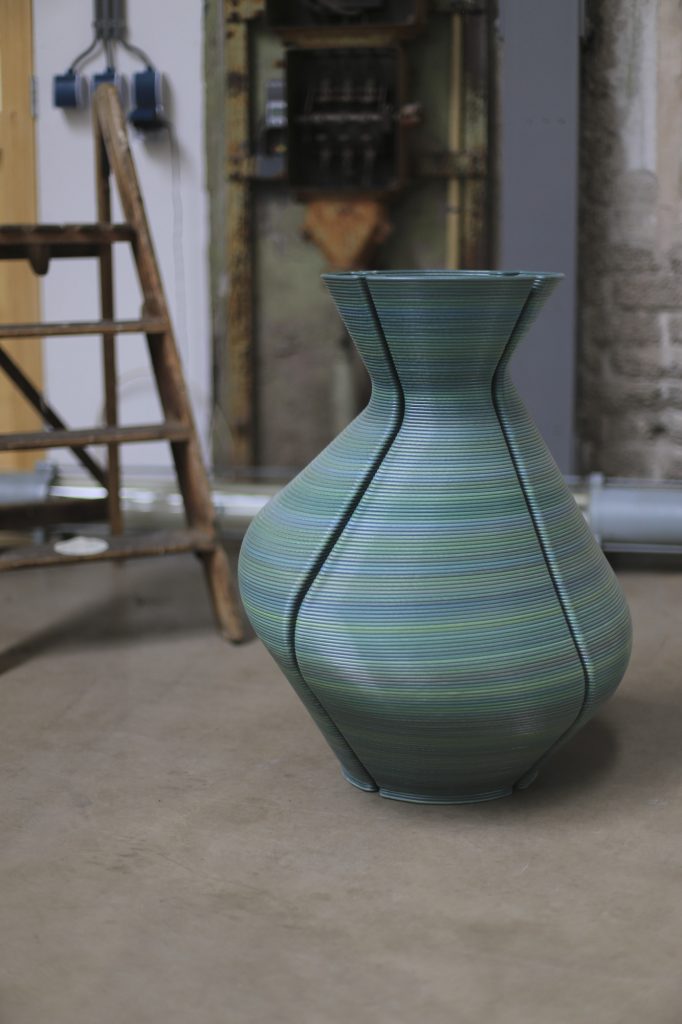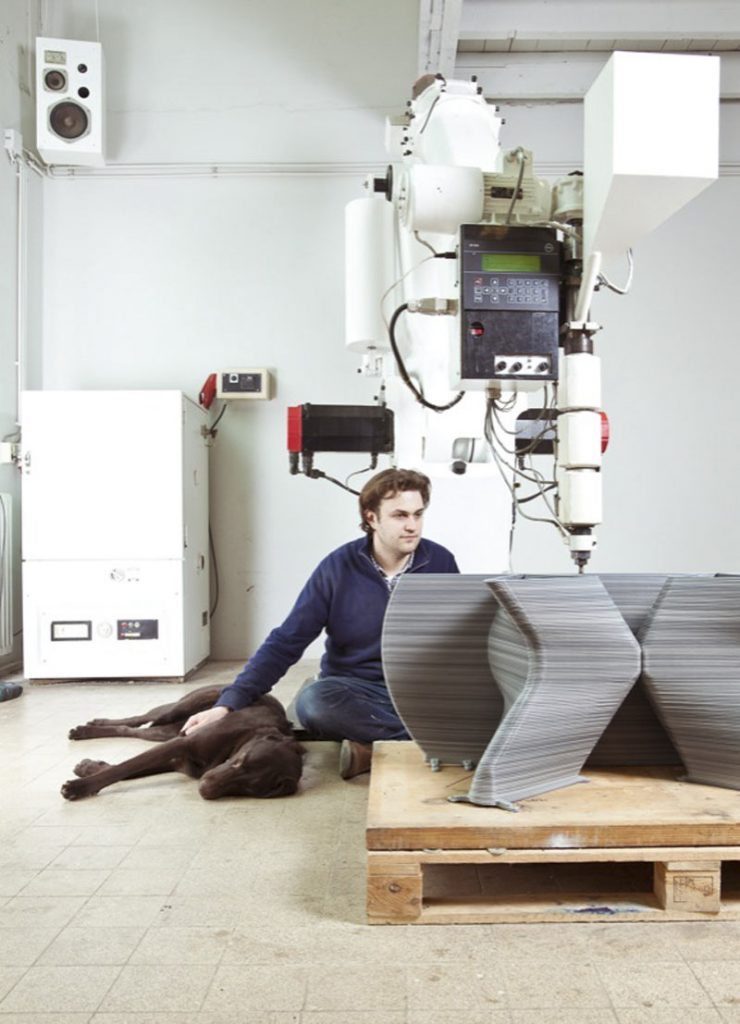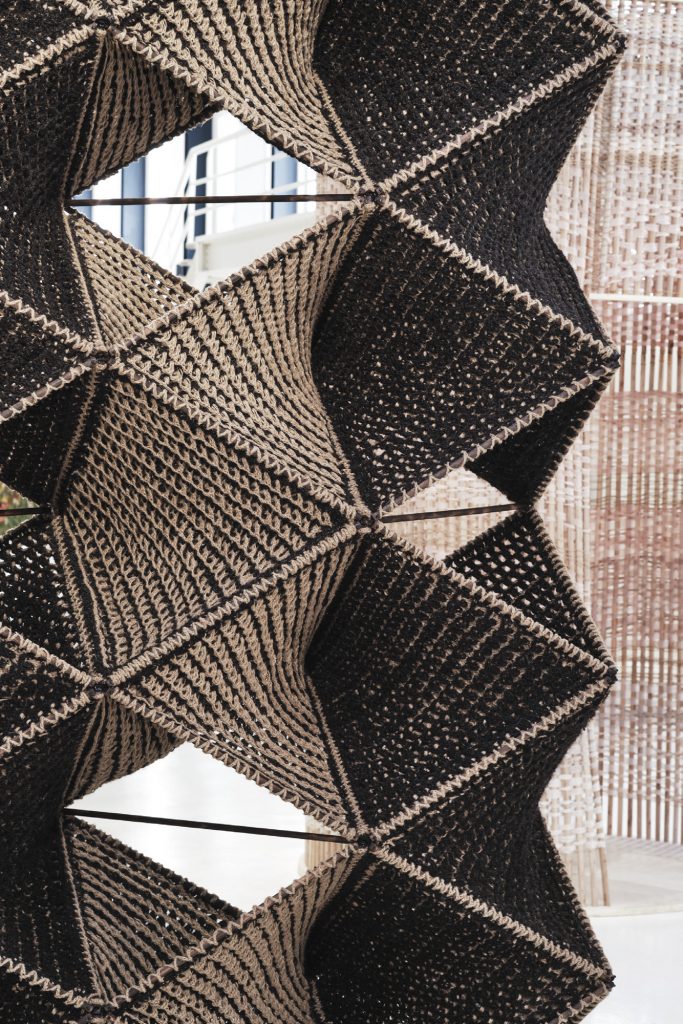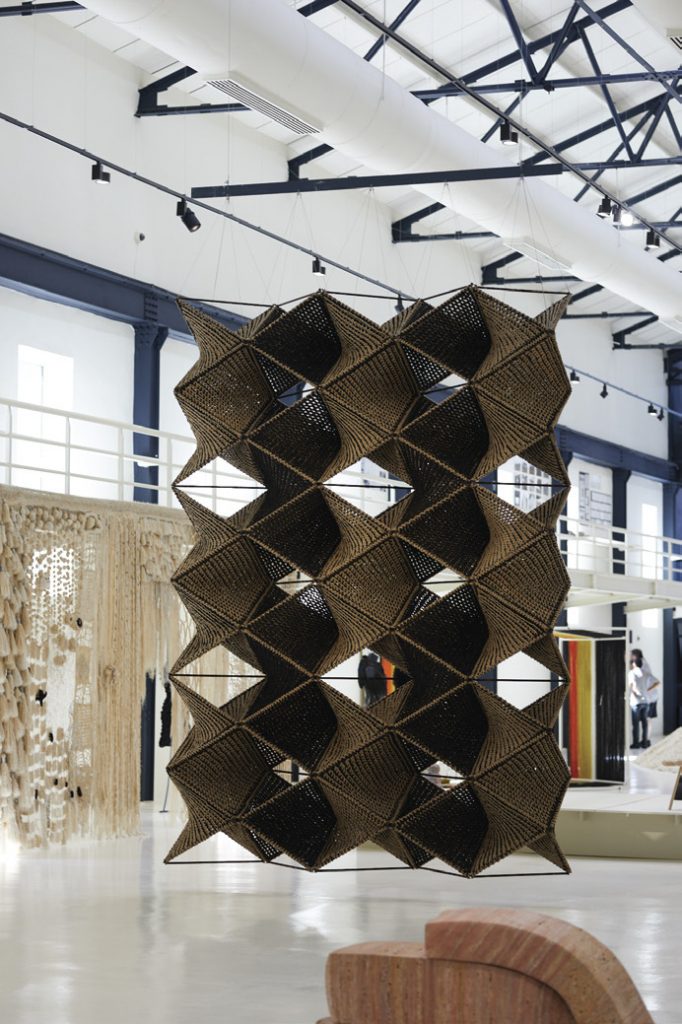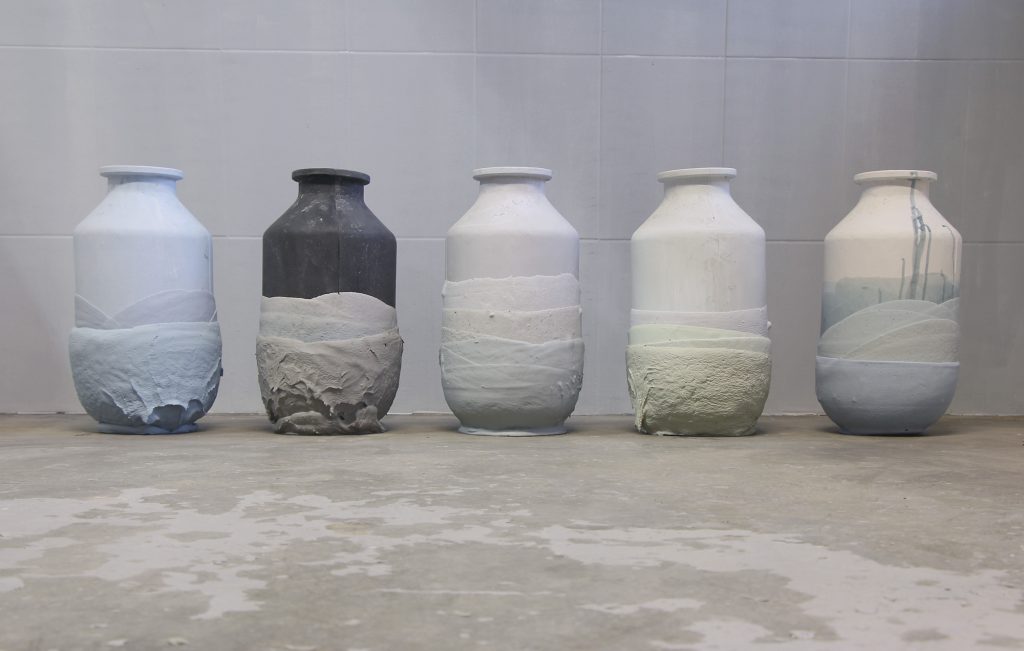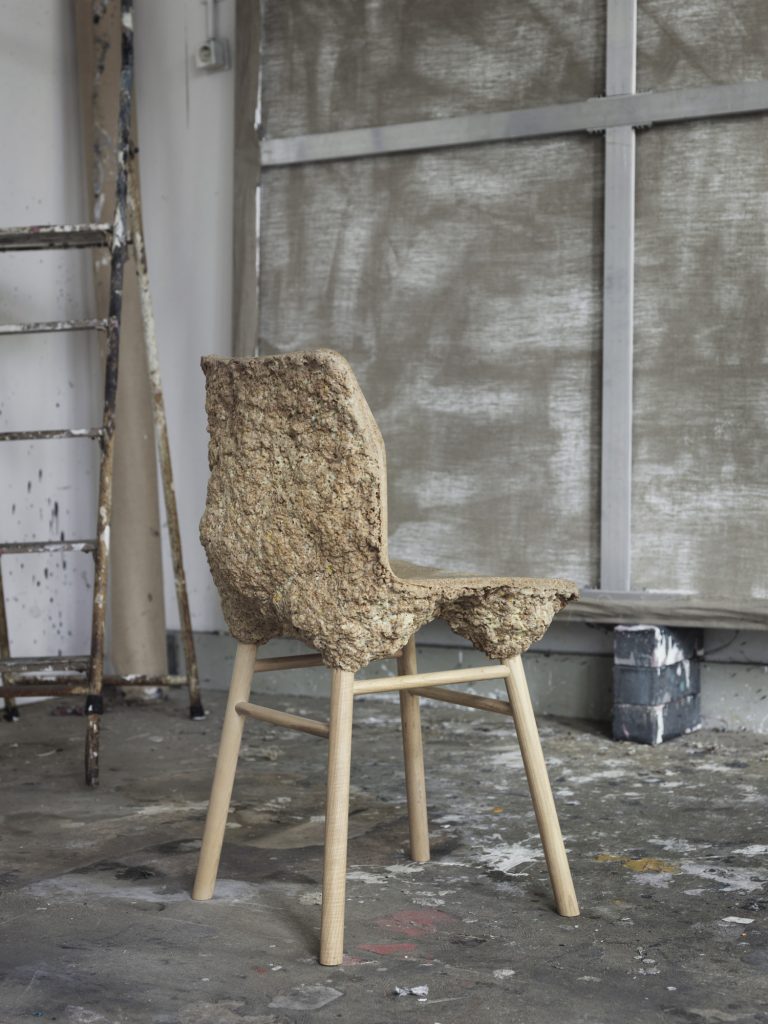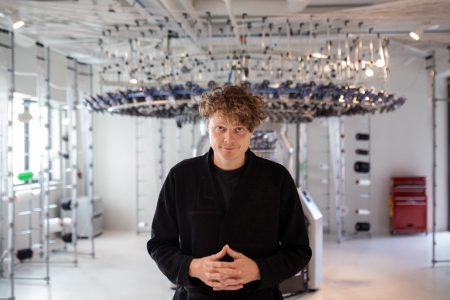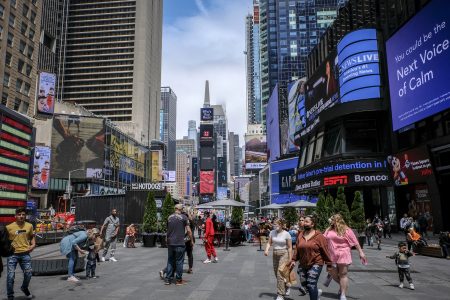A Labour of Love
Now is the time for the world to finally gain insight and invent a landscape where values shift and design and labour play an active role. In the future, capital will be strictly human. Hope will become our new economy.
Today, more than ever, it has become clear that if we don’t slow down the pace of consumption and travel, and if we don’t change the way we make things, the planet will be lost. A blank page is needed to restart and reboot everything. If not now, when?
Now is the time for the world to finally gain insight and invent a landscape where values shift and design plays an active role. Developing new ideas about sharing between designer and the essential worker, designer and the sick, designer and the underprivileged, designer and the amateur, designer and the designer…
With many people losing their jobs, work has regained respect and value. The post-coronavirus era will give us the strength needed to redefine the meaning of success, renown and profit. In the future, capital will be strictly human. Hope will become our new economy. All reflecting a labour of love.
Since the beginning of this century – long before Covid – the design discipline turned to the human hand as the antidote to isolation and artificial intelligence; championing artisanal techniques in contrast to the superfluous industrial design of former decades. After a prolific contemporary arts and crafts period, we now observe that our hands want to espouse the machine, the computer, the laboratory and the loom – as if extending these hands like those of the famous Edward Scissorhands; prolonged tools that become playful and excited – intoxicating almost – and restlessly creative above all.
Suddenly the hand and the machine will work hand-in-hand to produce amazing objects and materials that prepare us for a sustainable future to be created together. Thus designers will buy up or restart manufacturing plants, founding collectives where they share workspaces and machines, working with open source, and recycling the waste from our engulfed land and seas. They want to create beauty from this waste, transforming the materials into an aesthetic form of activism. The joy of slow manufacturing will gradually become palpable. These places for creating, sharing and making will become veritable cottage industries, where being self-employed is the name of the game. Here, the designer is at once an artist, artisan and administrator, enamoured with all phases and facets of the process.
This fascination coincides with an important movement in philosophy called New Materialism, where each material is believed to be alive and able to emanate currents of energy; deserving the right to exist, just like in human rights and animal rights. The manufacturing of found, recycled and reinvented materials is testimony to this theory. This is how the sharing of knowledge and innovative manufacturing will become the keys to a new society worthy of both people and our planet. The birth of magical manufacturing will lead the way towards the noble gesture of labour; a nobility that can reinstall a sense of integrity in humankind; foreseeing the possibility that humanity can be saved from its own destructive self. Designing from hope and no longer creating out of fear.
Lidewij Edelkoort & Philip Fimmano were curators of LA MANUFACTURE: A Labour of Love, which ran from September 8 – November 8 as part of Lille Metropole 2020.
The book A Labour of Love, is available for purchase now.
